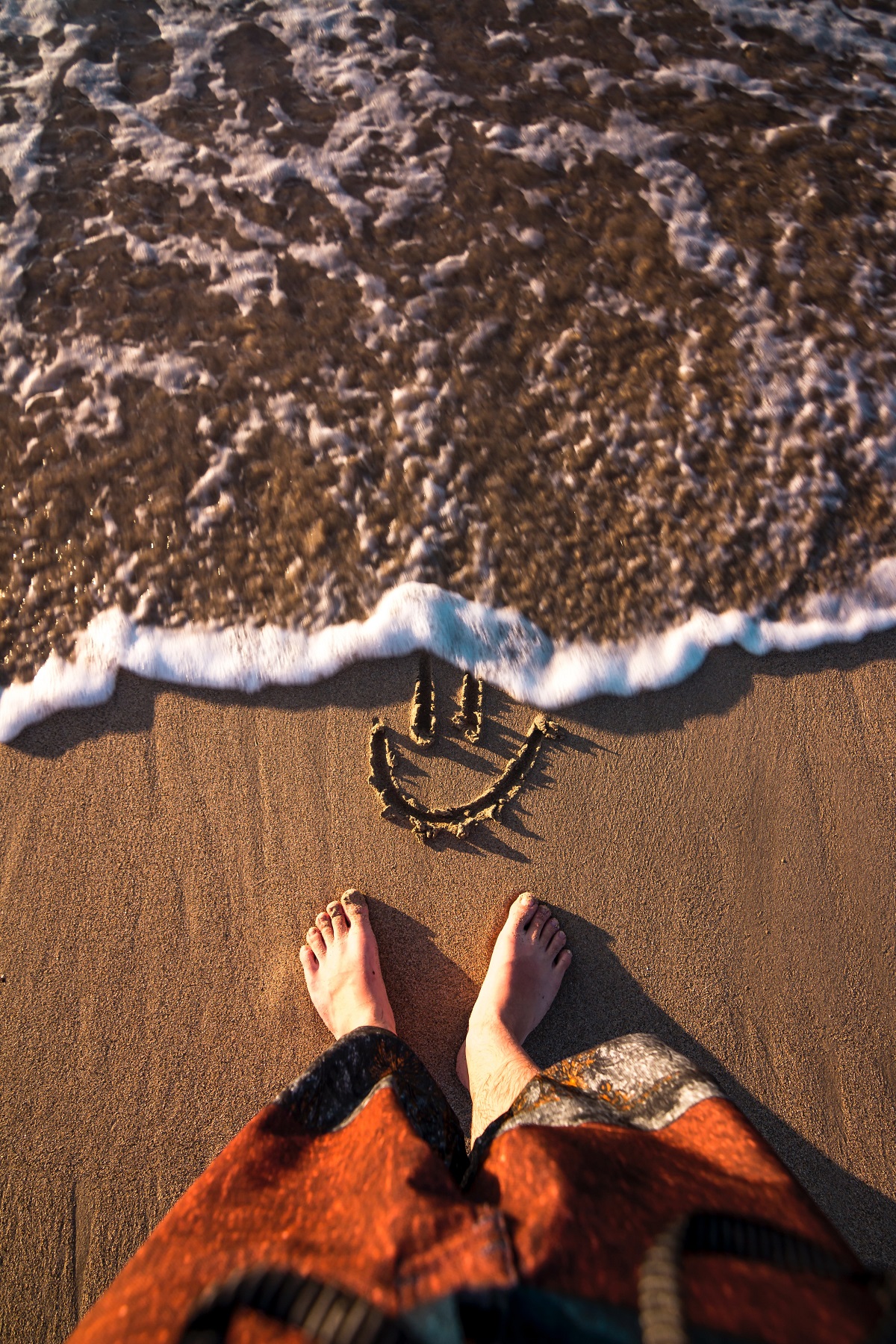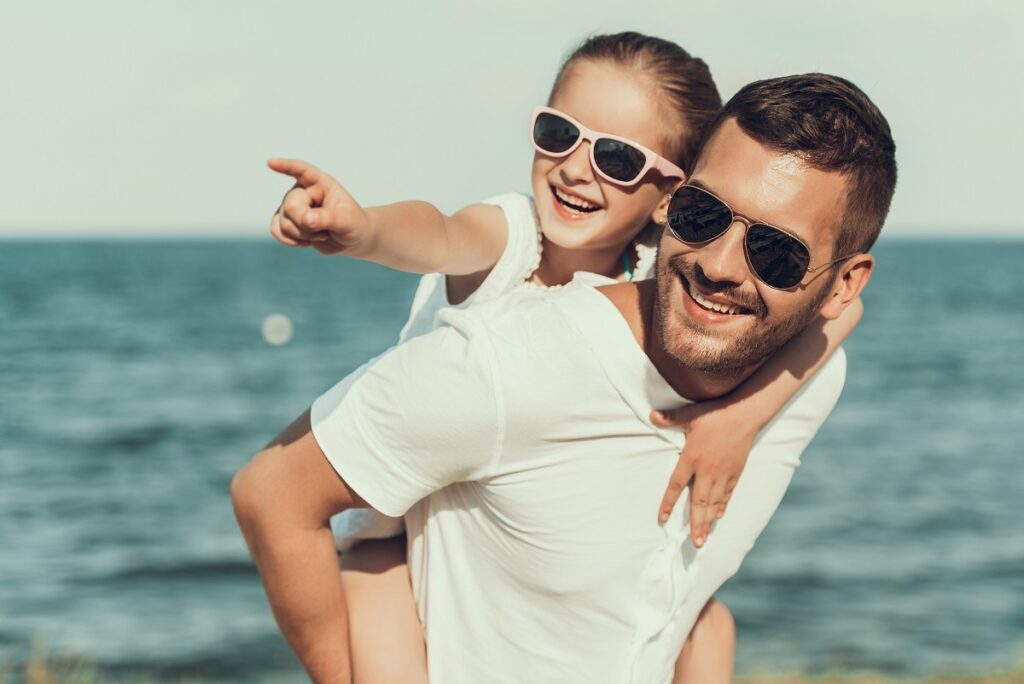July is UV Safety Awareness Month as designated by the American Academy of Ophthalmology. The purpose of UV Safety Awareness Month is to educate people about the
risks of sun damage to their eyes each time they step outside, especially during the summertime.
You need to protect your eyes from the UV rays; otherwise, you could cause sun damage to your eyes. The UV rays from the sun are a type of radiation. Continued exposure over a prolonged period to UV radiation can cause damage to the retina, lens, cornea, and eye tissues.
Overexposure to UV rays also increases the risks of certain types of eye cancers, promotes growths on or near the eye, results in sunburn to the eyes, increases risks of eye tumors, and increases how soon cataracts develop.
Since you cannot spray your eyes with sunscreen like your skin, as it is not made to be applied to the eyes, you must look for other ways to reduce exposure to UV radiation.
1. Wear sunglasses when you are outdoors.
One common misconception about sunglasses is that the darker the lens, the more UV protection it offers. This is not exactly true. Both lighter and darker lenses can provide 100% UV protection.
So, don’t get overly concerned about how dark the lenses are. What you need to do is look for sunglasses that are labeled 100% UV protection or UV400.
2. Get transitions with UV protection if you wear glasses.
If you wear glasses, you can talk to your eye care provider about transitions where the lenses get darker when exposed to UV sunlight and also that provide UV protection. Alternatively, you may want to get a pair of sunglasses with UV400 protection in your prescription.
3. Wear a hat that shades the eyes and face.
Another way to help protect the eyes is to keep them shaded with a hat. A baseball hat, army cap, cowboy hat, or any hat with a wide brim that shades the eyes will do.
4. Leave sunglasses on even on cloudy days.
Don’t be fooled into thinking your eyes are safe just because sunlight is being blocked by some clouds. UV radiation from the sun can still pass through clouds and damage the eyes.
5. Don’t forget to help your kids protect their eyes.
Make sure your kids wear sunglasses, too, when they are playing outside, even in the swimming pool. Depending on their age, their eyes can be more sensitive to UV radiation, as their eyes could still be developing.
6. Stay indoors in the afternoon.
From around 12 p.m. to 2 p.m. is when the UV rays are the most intense. This is also when temperatures tend to be the hottest.
7. Remember, UV rays can reflect off various surfaces.
Water and sand are two surfaces where the UV rays reflect off the ground and onto your face. This can result in sunburned skin and eyes unless you are wearing sunscreen and UV400 sunglasses.
8. Protect your eyes indoors too.
If you use a tanning bed, you also need to be aware of the inherent risks of artificial UV light and damage to your eyes. It is important to wear 100% UV-protected eye covers when using a tanning bed. You need to make sure to keep these on until the tanning bed UV bulbs are off.
By using these recommendations to protect your eyes from UV radiation, you can reduce the risks of sun damage to your eyes. If you think you have sunburned your eyes, need prescription sunglasses, or have other concerns about your eye health, please feel free to contact ADV Vision Centers at (805) 987-5300 today!









